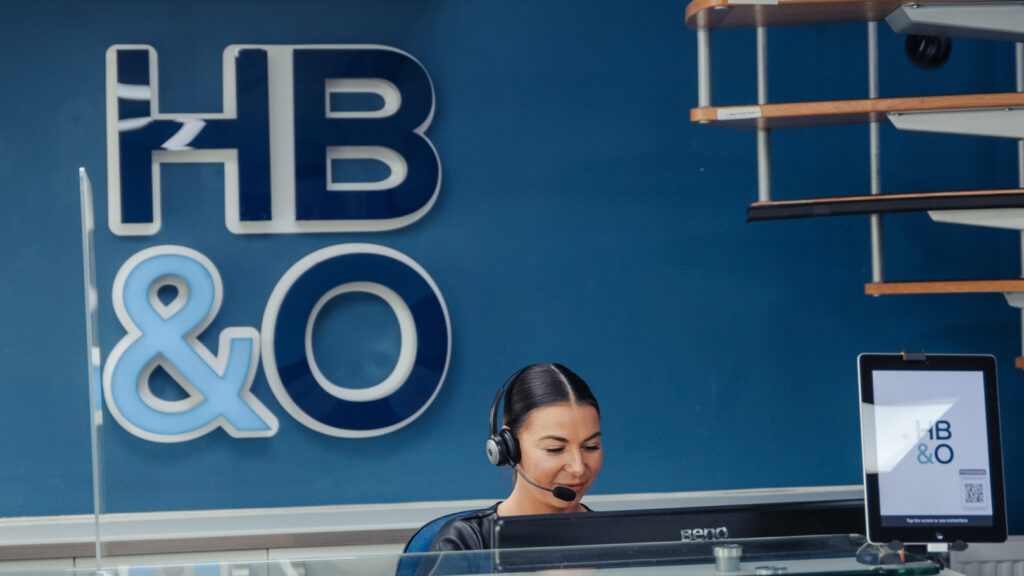For the 1.7 million people who already worked from home full time, the introduction of compulsory home working back in March, following the outbreak of the coronavirus, was not much of a cultural shift. However, those who have had to move large scale, office-based operations to working from home overnight was a logistical headache, to say the least.
As a result of this change, many office-based workers will have seen their household bills increase. Keeping that laptop charged for an eight-hour workday, five days a week may have caused a rise in the electric bills for some, and for others, they may have had to install or upgrade broadband in order to carry out their work duties.
If you work from home on a regular basis as required by your employer, there are specific rules for what expenses or tax relief you can claim in respect of the additional costs you incur while working at home. These rules do not apply where you choose to work from home. However, due to the current coronavirus pandemic and the restrictions on who can travel to work, more employees will be affected, which will see an increase in expense claims and claims to tax relief.
What costs can employees claim for?
Employees may be eligible to claim for additional household expenses incurred during the time spent working from home as a result of COVID-19.
This can include, for example:
-
heating and lighting costs
-
business telephone calls
-
business broadband
Be aware that each expense may come with its own caveat. For example, if an employee already had broadband prior to working from home then there will not usually be an additional cost of using the broadband for work purposes. However, if broadband had to be installed in order for them to work from home, this can be reimbursed and would be non-taxable, providing private use is limited. To check if expenses incurred through home working are taxable, visit the government’s guidance here
For these additional household expenses, employees can claim the following fixed flat rate amounts:
-
£6/week for weekly paid employees (£4/week prior to 6 April 2020); or
-
£26/month for monthly paid employees (£18/month prior to 6 April 2020)
Do employees have to keep track of their expenses in order to claim?
When claiming the flat rate, there is no need to keep evidence, such as receipts.
If the additional costs exceed the flat-rate, employees can claim the actual costs instead, but they must retain evidence of the costs incurred and must be able to apportion these between business and private use on a ‘just and reasonable’ basis.
How do employees go about being reimbursed and how should these be reported to HMRC?
There are two ways that employees can claim for these costs, either by being reimbursed by their employer or claiming tax relief from HMRC.
If an employer does reimburse employees, any taxable expenses will need reporting through a PAYE Settlement Agreement, through the payroll or on form P11D. Claims made for non-taxable expenses do not need to be reported to HMRC.
However, there is no obligation on the employer to reimburse the employee. Instead, the employee can claim tax relief on the appropriate flat rate (or whatever higher amount can be evidenced if requested by HMRC), by offsetting the additional cost against their taxable income.
An employee can submit a claim by phone, or by post/online using form P87. It is recommended that one claim be submitted when the employee returns to work, to cover the entire period of home working. Alternatively, if they are registered for self-assessment, they can also claim through their tax return. You can access a handy HMRC tool here which will highlight the most appropriate claims method for your individual circumstances as an employee.
As with many tax rules, there are certain nuances to working from home that may affect how much you can claim as an employer or employee. For advice on your individual circumstances, contact our tax team on 01926 422292.














